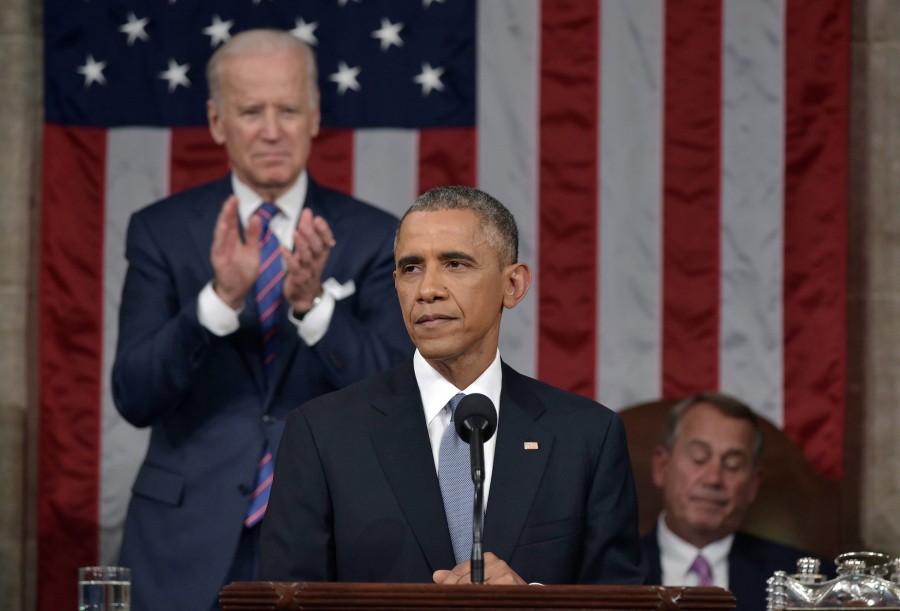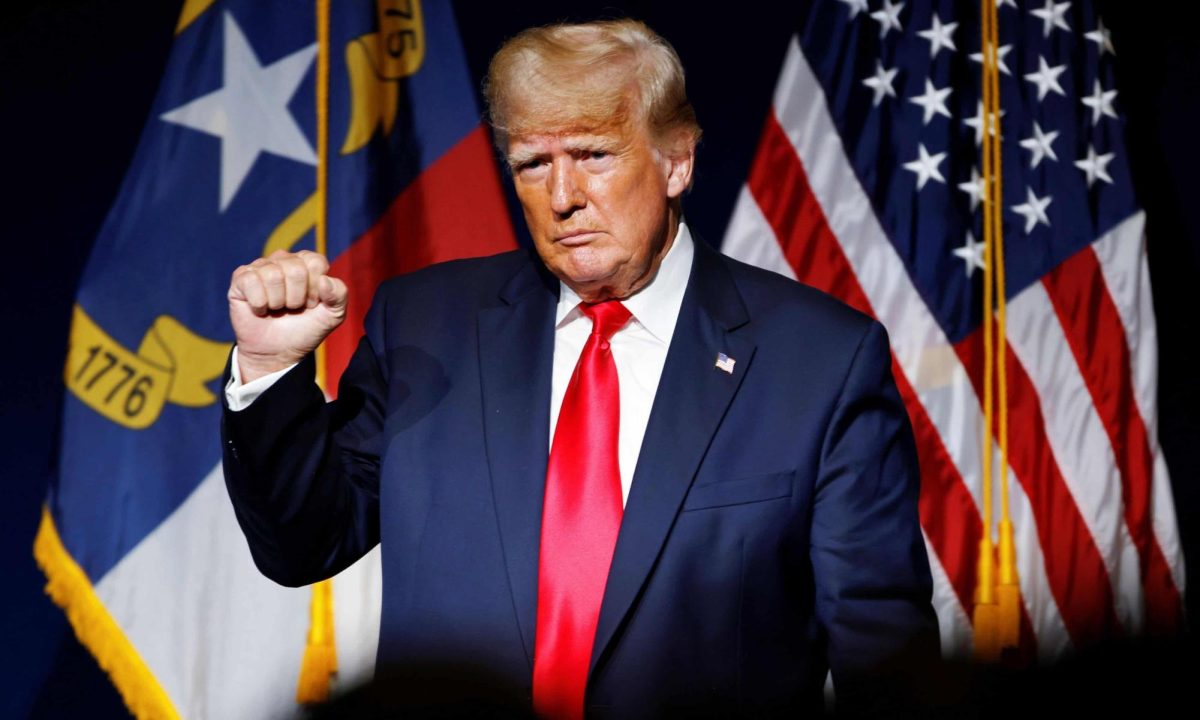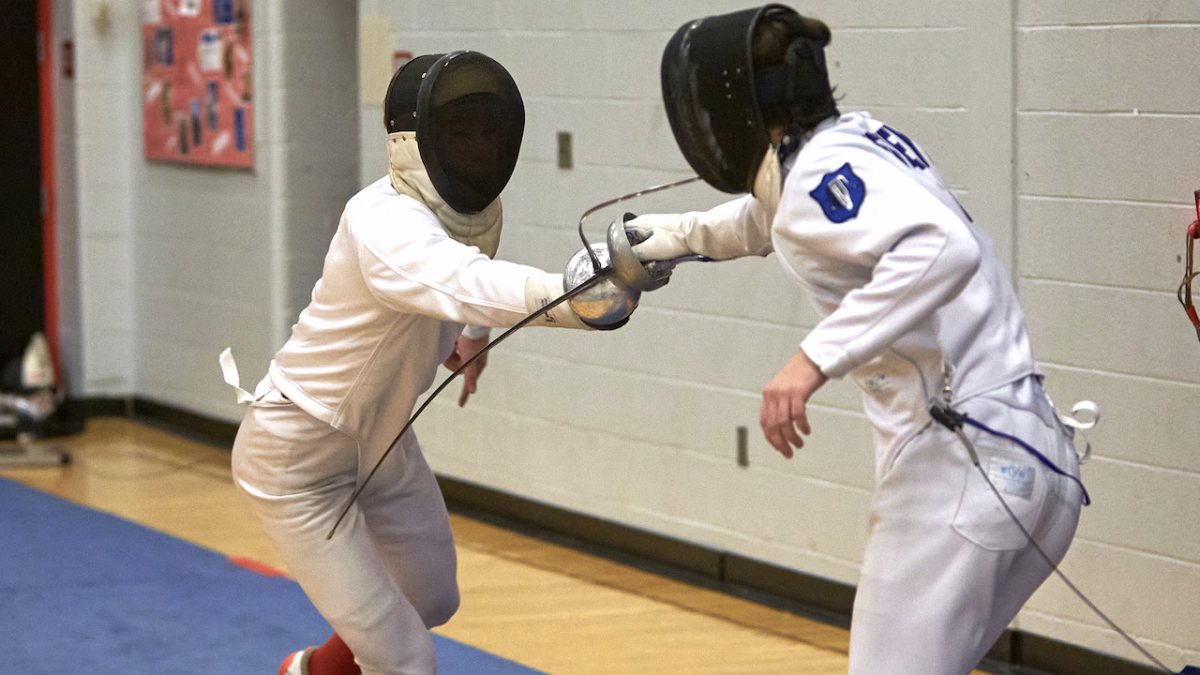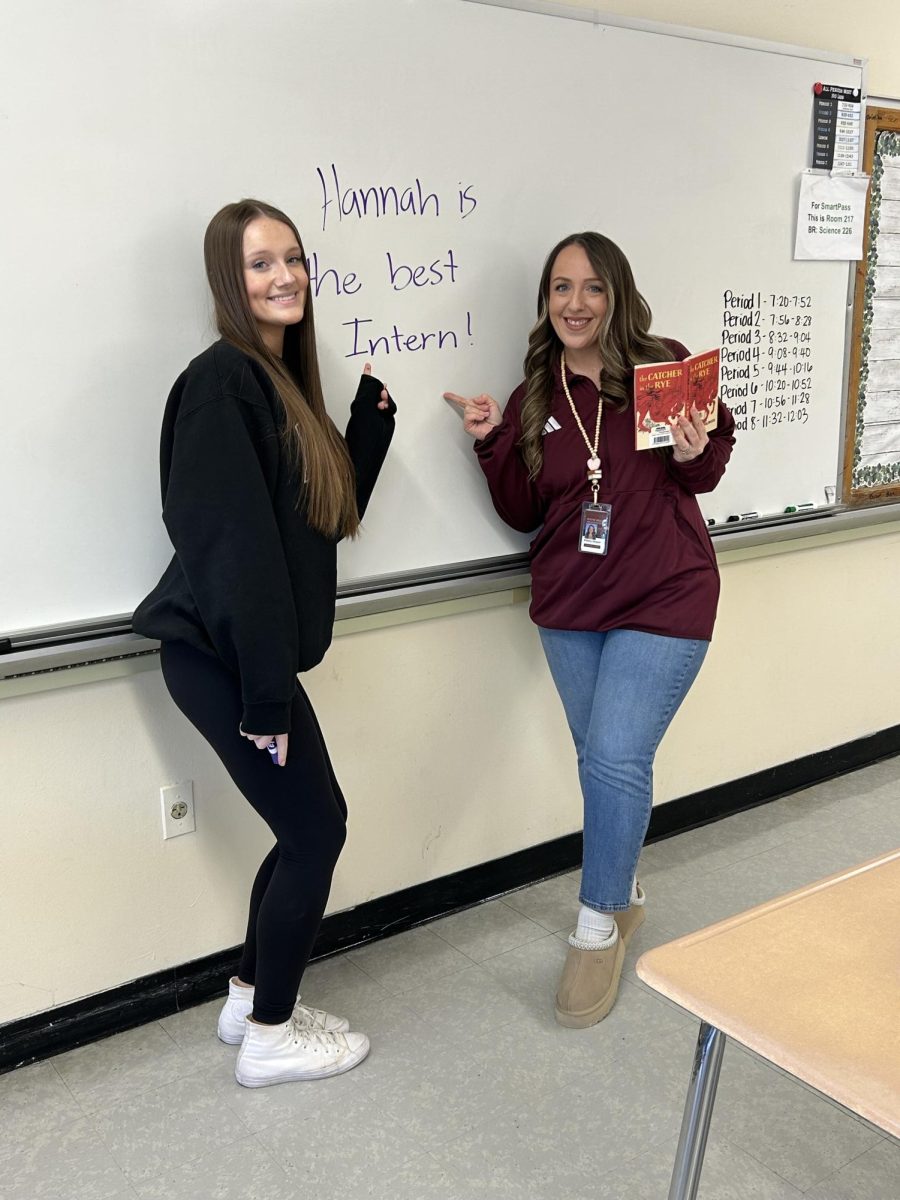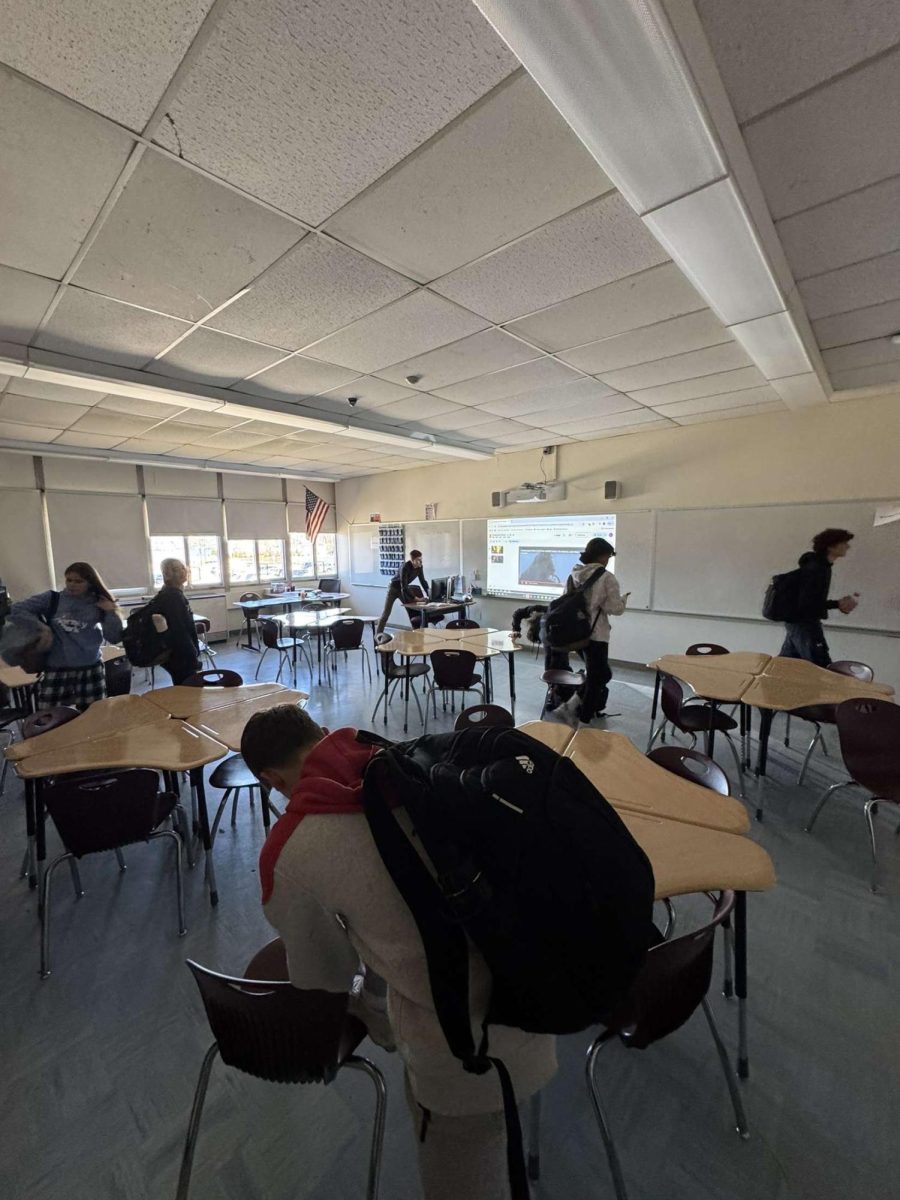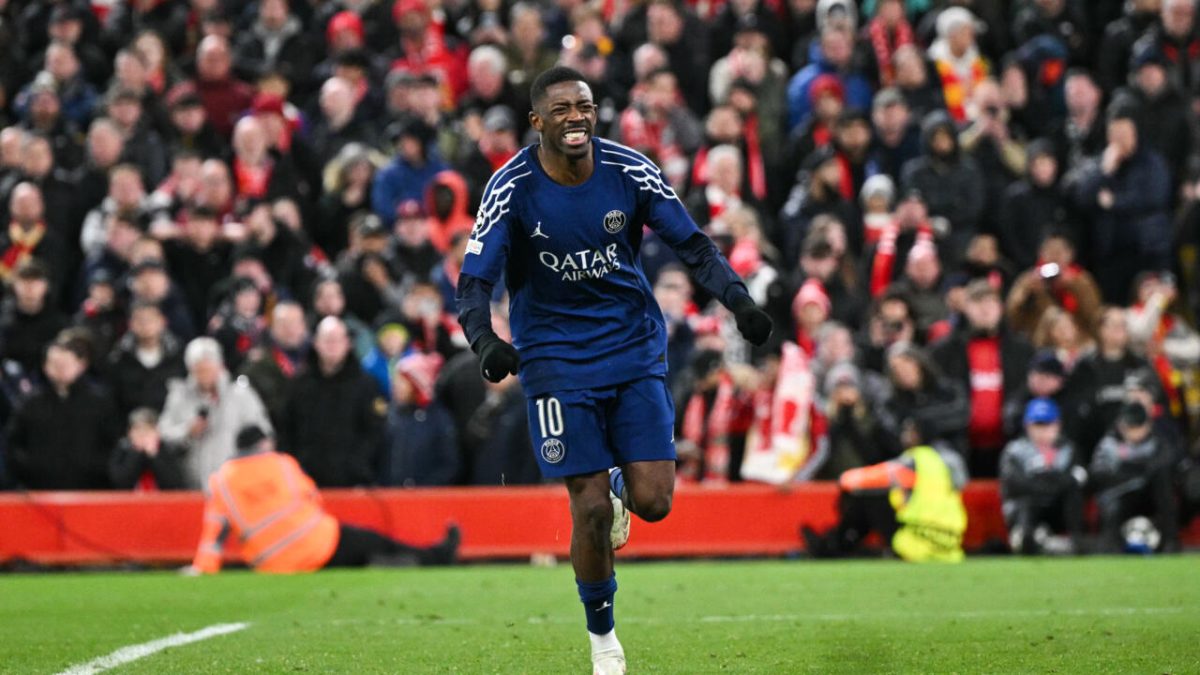The State of the Union Address
February 3, 2016
President Barack Obama delivered what would be his final State of the Union Address . Hoping to put a positive spin on his legacy, Obama took upon an optimistic standpoint and tried to reinvigorate the spirit of “Hope and Change” that led him to the White House. Obama tried to summarize his legacy, and more importantly, show it in a positive light. His speech was markedly different from politicians on the campaign trail, but that’s because politicians who want to get elected want to galvanize support by focusing on problems that they intend to fix while Obama attempts to salvage a ruinous legacy that has left the Middle East more unstable than ever before, saw the rise of Russia and China in an antihegemonic coalition, and ran into significant roadbumps at home.
Obama began with a laundry list of objectives and proposals that echo Democratic sentiment. Essentially, he reiterated promises he made in 2008 and 2012 and had 7 years to fulfill—and, in a leap of faith greater than the one we took when we as a nation entrusted him with the Presidency, expected us to believe him when he said he would fulfill those promises in this last year. In 2012, he vociferously demanded immigration reform, “common sense” gun control, a higher minimum wage, and repeated these commitments through his terms as President, failing to produce results despite having a Democrat super majority in the Senate and a Democrat-controlled House. After both chambers went under Republican control in 2014, it became immediately evident that everything he failed to do (and that’s a lot) would remain undone.
Obama also attacked Republican rhetoric on the campaign trail. Although he didn’t call them out by name, he scorned the messages that Christie, Trump, and Cruz were sending. He accused Trump of trading on fear, accused Cruz of wanting to kill civilians, and attacked Christie’s notion that fighting ISIS is WWIII. He also poked fun at climate change deniers with an anecdote about how we didn’t question the science behind Sputnik when the Soviets beat us to space. To that end, he voiced his commitment to developing alternative energy such as solar and wind, neglecting to mention actual, feasible energy solutions such as clean thorium-powered nuclear. He also announced a national effort, reminiscent of Kennedy’s push to the moon, to cure cancer, and in a touching move, put Joe Biden in charge of the effort, whose son died last year from cancer.
The President attempted to paint the Iran deal as a success, Obamacare as having extended coverage to millions of Americans, his frankly half-assed interventionist-but-not-interventionist policy in Syria and against ISIS as something positive rather than a colossal testament to his failure in dealing with the Middle East, and the TPP as a trade deal beneficial to the American people when his own party vocally opposed it and it was the Republicans who pushed it through Congress.
Most importantly, Obama called upon the American people to “fix our politics”. He denounced the notion that the average person’s voice doesn’t matter and that the US government is controlled by corporate oligarchs, and tried to inspire Americans to participate in politics, to vote, and to compromise and have reasonable debates.

